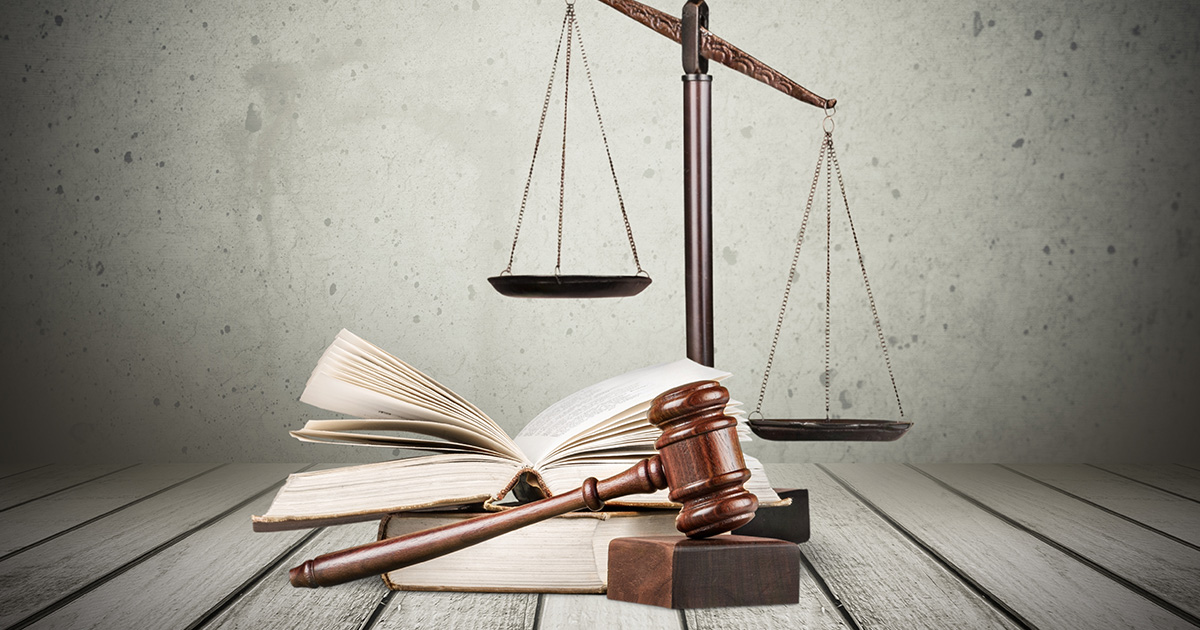Navigating the Complexities of the Legal Landscape: Empowering Individuals and Upholding Justice
The legal system is the cornerstone of any functioning society, providing structure, order, and justice. From the enforcement of laws to the protection of individual rights, the legal framework plays a crucial role in maintaining harmony and resolving disputes. With its intricate web of rules and regulations, the legal field is a complex and dynamic domain that affects the lives of individuals and organizations in profound ways.
At its core, the legal system is designed to ensure fairness and equality under the law. It provides a framework for resolving conflicts, safeguarding human rights, and promoting social justice. Through laws and regulations, the legal system establishes a set of standards and guidelines that govern various aspects of our lives, ranging from business practices and property rights to criminal justice and civil liberties. It serves as a safeguard against abuse of power and helps maintain a balance between the interests of individuals and the collective welfare.
Legal professionals, such as lawyers and judges, play a pivotal role in interpreting and applying the law. They provide expert advice, represent clients, and administer justice. Lawyers serve as advocates, guiding individuals through complex legal processes and ensuring their rights are protected. They offer legal counsel, assisting individuals in understanding their legal obligations and rights. Judges, on the other hand, act as impartial decision-makers, applying the law to specific cases and ensuring fair and just outcomes.
The legal system encompasses various branches of law, including civil, criminal, constitutional, and international law, among others. Each branch serves a distinct purpose and addresses specific issues. For example, civil law governs disputes between individuals or organizations, while criminal law deals with offenses against society. Constitutional law establishes the fundamental principles and rights of a nation, and international law governs relations between countries.
In addition to individual rights and justice, the legal system also plays a vital role in promoting societal well-being. It establishes regulations and standards to protect public health, safety, and the environment. Legal frameworks are put in place to ensure ethical business practices, intellectual property rights, and consumer protection. By upholding these standards, the legal system fosters trust, stability, and accountability within society.
Moreover, the legal system serves as a mechanism for resolving conflicts and disputes peacefully. It provides a structured and formalized process for addressing grievances and seeking redress. Through mediation, arbitration, and litigation, individuals and organizations can seek resolution and find closure. This process of resolving disputes in a legal and orderly manner strengthens social cohesion and prevents the escalation of conflicts.
In conclusion, the legal system is an indispensable pillar of society, empowering individuals, upholding justice, and promoting social order. It navigates the complexities of law, ensuring fairness, equality, and accountability. By providing a framework for resolving disputes and protecting individual rights, the legal system plays a vital role in shaping our lives and maintaining a just and harmonious society.









